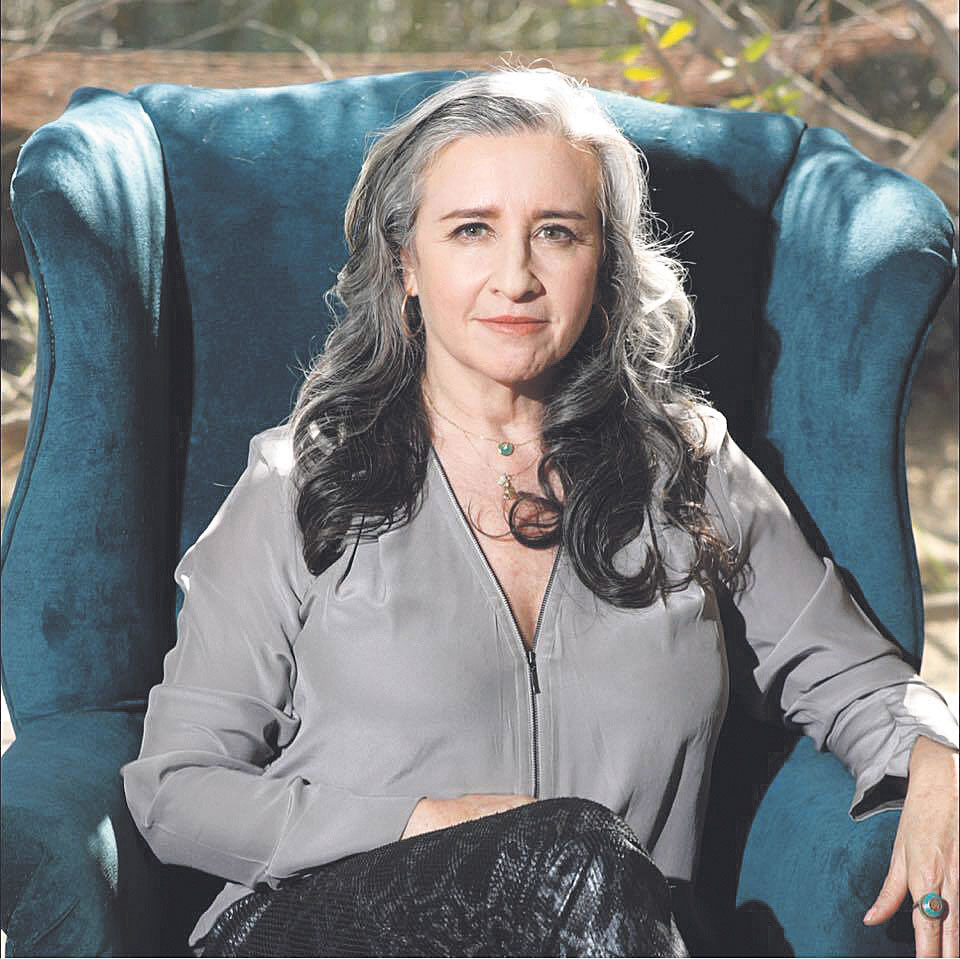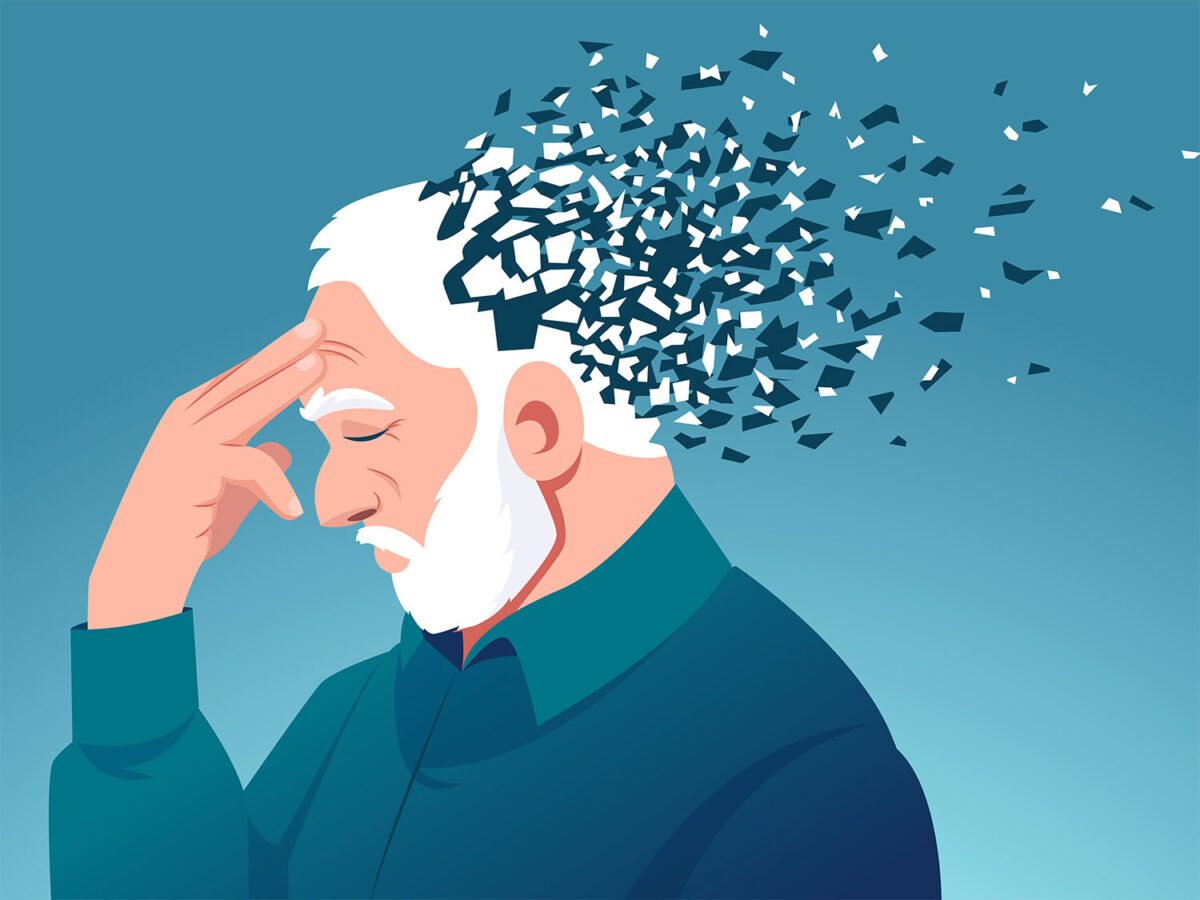By Sari Cooper, Certified Sex Therapist,
Director Center for Love and Sex, and Founder Sex Esteem®
Courier columnist Sari Cooper is an AASECT Certified Sex Therapist and Director of The Center for Love and Sex, a boutique sex coaching and sex therapy practice. Sari is also the founder of Sex Esteem®, which produces entertaining private curated “sex-edification” events and talks for couples, parents, schools, campuses, and organizations on a diverse array of sexuality topics. With over 25 years of experience, she is a sought-after media guest expert and writer on the topic of relationships, monogamy, and eroticism.
As a certified sex and couples’ therapist who guided many couples and singles through this period, I can tell you what hurtles might await partners when issues that have remained stagnant during what I call “COVID time” resurface. As in any crisis, some of my coupled clients’ disagreements were put on hold in order to meet the day-to-day demands of work, children doing virtual schooling, older relatives in need or battling illness, in addition to intrafamilial conflicts around politics. Conflicts erupted due to the stress around potential COVID-19 exposure and contagion, financial strain due to job loss, lack of alignment around priorities and less sexual activity. Many couples were grateful to have family support, food, shelter, and access to technology that connected them to their loved ones as they weathered the lockdown quarantines in their community.
According to preliminary survey results conducted by The Kinsey Institute of 1,117 3050-year-old married individuals (both heterosexual and same-sex marriages), 74% of participants agreed the pandemic strengthened their marriage and 82% agreed it made them feel more committed to their marriage. A small percentage (17%) of women reported a decrease in emotional and sexual satisfaction in their relationships, while only 11% reported an increase in their emotional satisfaction and 9% reported an increase in sexual satisfaction. However, given the gendered disparity carried by heterosexual women who did more childcare and housework and who lost or left jobs due to lack of support for their children and on Black and Hispanic families who suffered more loss of lives due to COVID and to police violence, we have to focus on how we are going to take some lessons from these unprecedented times and strengthen our relationships.
Compassionate Communication
Two of the principles of my Sex Esteem® model are compassion and communication. What this entails is the mutual exploration of how your partner is faring with a present-focused groundedness to really let the other partner’s expression of bone-deep emotions seep in and to follow up this inquiry with curiosity to hear more. For those couples who already had strong communication skills going into quarantine, they fared better during those pressured times and flourished with a little bit more time to share. In fact, while under lockdown many families found they had more time to have meals together because afterwork drinks or dinners, commuting and/or kids’ after school activities were no longer part of their schedule. Many of my adult clients indicated they felt like they were less distracted by the demands of a hectic social life and were able to appreciate the slower pace. Many of those couples with school-aged children were more worn out by the attention needed by their virtual schooling programs.
One lesson that I would encourage couples to retain from the early COVID lockdown days is to not only carve out joint repasts as a couple and as a family, but to place all phone and technology aside during this meal. Breaking bread is literally an age-old ritual and allows for partners to combine the senses of taste, smell, and sight with present-focused emotional intimacy as they take each other in. For couples with kids, I invite them to reserve some nights for “date nights” in which they eat on their own after their children’s meal.
While many couples use couple time to catch up on household tasks, their kids’ school updates or upcoming events, I guide people to leave these subjects for more of a business catch-up call. The date is all about boosting the sensuality and erotic energy by eating at a table (not in front of a screen), savoring the food and each other through gazing, authentic conversations, and flirtatious banter.
Many surveys from people during COVID quarantine time reported the increased levels of anxiety, depression, and loneliness that Americans felt. The moodiness and terse communications that these emotional states cause can cause an intimate date to go off the rails pretty quickly. I teach my clients to utilize a scale choosing any number out of ten as a shorthand to quickly communicate how anxious, sad, frustrated or exhausted they feel throughout the day, so their partner is aware what state their partner is in before they reunite at dinnertime. They are also able to understand that this state may have nothing to do with them and therefore are less likely to build a narrative focused on how their partner is upset with them. For example, it’s helpful for a partner to know that their mate is feeling a 7/10 of anxiety about an upcoming presentation at work so that they don’t take their edginess personally. They can then have a lot more compassion for them when they meet up in the kitchen to prepare and/or eat their meal.
And for those who might conflate compassion for feeling sorry for someone, I’d like to update this outlook. Compassion is not the same expression as sympathy. The renowned meditation teacher and author Sharon Salzburg states, “Compassion is something we develop concurrently with the development of wisdom. Compassion is the natural response of clear seeing or understanding.” I see compassion in the couple realm as the ability to see your part and your partner’s part and the wisdom is the ability to differentiate between them. It is not just feeling sorry for someone, it requires reflection and at times actions.
I also encourage partners to ask what their partner would find most helpful instead of forging ahead with unsolicited advice on what they think would remedy the situation. If one partner says they’re feeling 9/10 of frustration with a workplace colleague, their partner can ask if they would like anything beyond a listening ear.
Defining Intentions (priorities around values)
The COVID pandemic brought into clear relief the potential of our own mortality and for many families, the loss of beloved parents, siblings, and friends. For many people, the experience of sudden or early loss can heighten the meaning they carry forward in the rest of their lives. It’s as if there’s a refocusing of one’s relationship’s mission after a painful and traumatic loss. The renowned psychiatrist Irving Yalom once wrote: “Death loses its terror if one dies when one has consummated one’s life!”
I invite people to reflect deeply on what they valued the most about their partners during this time of potential or actual loss and how they might reconnect with the meaning of their relationships. Some partners spent more time creating Zoom gatherings with their families so that family members living alone or in more restricted lockdowns would not feel so isolated. Some of our clients were challenged by political statements their relatives espoused as the country approached the national election. The conflicting viewpoints they heard from parents or siblings who lived in different parts of the country regarding COVID, the election and the vaccine resulted in a deep sense of loss in how to remain connected to family. I helped guide clients to define and address their existential dilemmas regarding their civic and equity commitments while also remaining loving daughters, sons, nieces, nephews and grandchildren. I help folks approach their lives’ moral values using what family therapists call a both/and’ framework so that opposing belief systems can be held under a larger umbrella they have of their life’s meaning which includes acceptance and love.
Erotic Exploration
While a recent survey by Kinsey reported less frequency in sexual scenarios occurring during quarantine, they also discovered that 20.3% of respondents added a new additional sexual behavior to their sexual menu since the pandemic began. Some couples in my practice used the lockdown period to expand their sexual repertoires since they now had more time to explore scenarios they had always wanted to try.
I urge couples to make and keep commitments they may have made during the lockdown so they can continue to renourish their joint erotic menu despite the lure of outside social opportunities increasing. For the couples who experimented and kept up the practice of playfulness, their previous sexual ennui was replaced by an urgent sense to center passion in their erotic scripts. This is not so uncommon at times when one’s sense of mortality is awakened. I always reference the scene in “Moonstruck” where the mother played by Olympia Dukakis, after discovering her husband’s affair asks her daughter’s fiancé: “Why do men cheat?”
When the fiancé finally comes up with the answer: “I don’t know.. because they’re afraid of death?” her face lights up and in recognition of the eureka moment she cries: “That’s it!”
Many of the clients I have worked with over the years before COVID time who had broken their monogamous agreements had in fact experienced some traumatic loss(es) in their childhood or in their early adulthood. The losses include: a parent’s early death to cancer, a best friend killed in a car crash, a college roommate’s suicide or the death of a relative who repeatedly sexual abused the client when they were a child. While I don’t excuse a person’s breaking their sexual exclusivity agreement with their partner/spouse, I view the death anxiety a potential flight response to the recognition of how quickly a life can be taken.
In the Kinsey study mentioned above, researchers found that “participants who made new additions were significantly more likely than those who did not to report that their sex life had improved since the pandemic began.” I encourage couples to continue to schedule and show up for erotic dates which allows for anticipation, novelty, and creativity to grow their sensual lives long after we all shed our COVID boundaries. By consciously using the term erotic I’m not dictating which of the myriad sexual behaviors in which humans partake. Rather, I’m inviting an embodied, present based state of being in which all one’s senses are involved in creating, enveloping and connecting through sensual play.
Work/Life/Environmental Wellness
For other couples, the need to cook meals reminded partners how much their goals of eating healthy food, supporting local growers, maintaining regular exercise and sleep regimens optimized their moods and mission to align with body-mind wellness. For those partners who had the privilege of leisure time, it was also a way partners and families could connect more intimately in a fun activity (think about all the bread-baking pics featured on social media). I think this lesson of holistic health has been felt by many people who are requesting a hybrid work-life to enable them to continue the wellness routines which make them feel more alive and balanced each day. According to a Harvard Business School survey 81% of respondents said they didn’t want to return to full time in-person work or wanted some sort of hybrid schedule. Couples have tasted a new way of living that gives them more time with one another and their families and the new post-COVID normal is going to need to reflect these needs.
While in quarantine, some couples returned or reignited an interest in spiritual or religious worship through virtual services. Despite the Pew Research Center’s surveys reporting rates of religious affiliation decreasing steadily in the past several years, some clients found they were longing for more comfort and meaning during this anxiety-provoking time. The connection to something larger than one’s own personal needs and belief in a larger purpose has been shown to come out of natural disasters or wartime. Online services by churches, mosques, synagogues and Buddhist communities helped to keep people psychologically grounded to deeper spiritual and existential beliefs.
I invite you to reflect on what rituals, habits and priorities you want to bring into more conscious practice in your post-COVID life.







